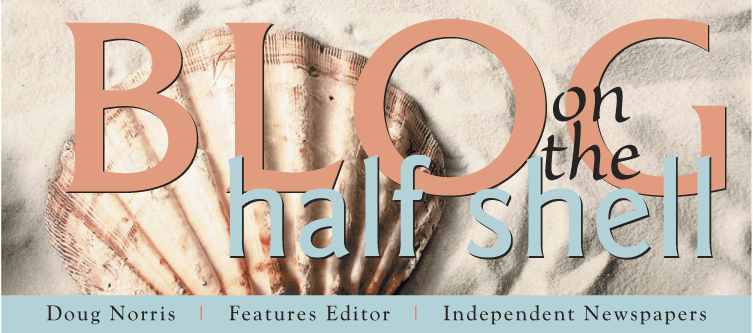On Wednesday at 5:30 p.m., the Greater Providence Chamber of Commerce will conduct a Providence 375 Informational Workshop. From their press release:
HOPE FREEDOM ROOTS INGENUITY
A celebration to honor Roger Williams’ legacy and ideals
In 1636, Roger Williams and a small group of followers landed on the shores of the Seekonk River in Providence’s Fox Point. From May-October 2011, Providence will commemorate the 375th anniversary of the colonial settlement along the shores of the Great Salt Cove.
Among the events: a “My Providence” video contest; a special WaterFire in honor of the 375th; Providence’s Independence Weekend celebration and fireworks; a “Providence 375” gala honoring individuals who exemplify Williams’ legacy and ideals; a National Park Service-sponsored Shakespeare in the Park production; a “Roger Williams Paddle” led by Rhode Island Blueways; a “What does the American dream mean to you?” public art installation at Roger Williams National Memorial; an exhibit on Williams’ “A Key into the Language of America” at The Haffenreffer Museum of Anthropology; The Manton Avenue Project’s “375 Roger (Over and Out): the happy-birthday-Providence-plays”; and more.
Conveniently missing from the hoopla is another Roger Williams project announced earlier this month – one that would flesh out the founder’s reputation as a slave trader. In his later years, Williams wasn’t quite the idealist he had been as a younger man. The decades after that moment when Narragansett Indian Sachem Canonicus and his people gifted Williams the land that would become the Rhode Island Colony were marred by conflict between cultures, culminating in King Philip’s War during the 1670s. According to Julianne Jennings, a Native American and former Rhode Island scholar now studying in Arizona, Williams and other colonists held a town meeting on August 1676 that resulted in an agreement to send the community’s American Indian prisoners to the Caribbean, Portugal, Spain and Africa, where they were sold as slaves. (The fact that Williams’ house had been destroyed by native factions in the burning of Providence during March of that year might have contributed to the cranky old free-thinker’s judgment.)
State officials have agreed to a request to erect a plaque somewhere in Providence that will focus on Williams’ role in selling American Indian war captives into slavery. They just haven’t figured out where or when. Given the tendency to deify our historical figures into the realm of myth and legend, there’s probably some resistance to permanently installing a monument to the Bad Roger legacy during the same year we’re celebrating the 375th anniversary of Good Roger’s landing. But there shouldn’t be.
Inherent in every holiday named after a person is the hypocrisy of sanctifying those who were flesh and flawed. The cracks in the faces of the four presidents on Mt. Rushmore are not just weather-related, but metaphoric, a visual reminder that we put masks on our heroes, and don’t really want to see them in their stark complexity. To schoolchildren from Woonsocket to Westerly, Roger Williams is the George Washington of Rhode Island. (Although Washington, truth be told, was no great fan of Rhode Island, skipping it on his horseback journeys until we knuckled under and ratified statehood.) We have this permanent image of Preacher Williams in the long coat and the pilgrim’s hat greeting the local tribes with “What cheer,” befriending natives and colonists regardless of their cultural, political or religious beliefs, and setting the tone for the best of Rhode Island’s ideals and aspirations. As Rhode Islanders, we believe that before there was an American dream, Williams dreamed it. But the truth is far more complicated. Wherever you shine a light you'll see shadows. Which is fine. An exacting curiosity in pursuit of truth and knowledge is always healthier to a functioning society than mindless PR. Anniversaries aren’t just about celebrating the past. They are about surviving it, hopefully with a few lessons learned along the way.
Where should the “Roger Williams, slave trader” plaque be placed?

